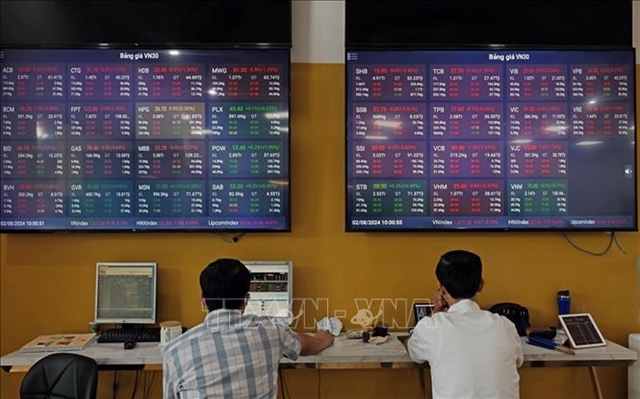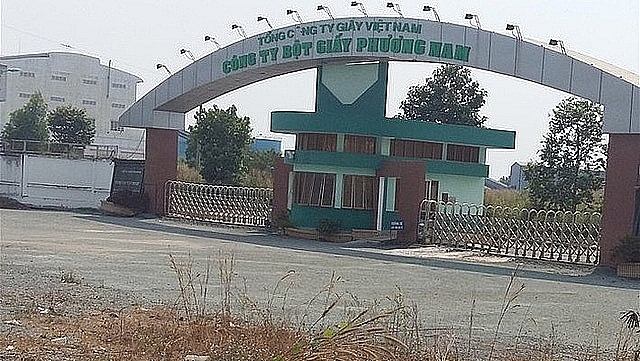 Economy
Economy


|
| Outside of the Phương Nam Pulp Mill in southern Long An Province, one of the 12 megaprojects of the MoIT. — Photo vir.com.vn |
HÀ NỘI — The clock is ticking on 12 large economic projects started by the Ministry of Industry and Trade (MoIT) with no solutions to their debt problems in sight a few months ahead of a deadline to resolve them, said a report by MoIT to the National Assembly.
The projects, worth billions of dollars, have been racking up debt for years. By the end of June, the projects' total liabilities reached VNĐ63.3 trillion (US$2.7 billion) with owner's equity dripping in the red by VNĐ7.2 trillion and losses at VNĐ26.3 trillion, according to Minister of Industry and Trade Trần Tuấn Anh.
Four fertiliser plants under the Vietnam National Chemical Group reported heavy losses of over VNĐ1 trillion in the first six months of 2020.
Meanwhile, attempts to sell them off have been unsuccessful. For example, the VNĐ3.4 trillion Phương Nam Pulp Mill did not even start operation except for several test runs before it was put up for sale in 2017. Three years later, the mill has racked up more than VNĐ3 trillion in debt.
Most projects have not been able to make payments to their creditors or have had to delay payments. By the end of 2019, commercial banks had pumped nearly VNĐ21 trillion in the 12 projects.
Five of the 12 projects have been buried in legal disputes, mainly with their engineering, procurement and construction contractors, making it impossible to determine final investment value and the losses to the State.
Investors and contractors have cited differences in the equipment, construction works and trial runs agreed in original contracts compared to the actual tally after many adjustments were made over an extended period of time, according to a report by a committee overseeing the projects.
The lack of special provisions to resolve disputes and manage the projects means there won't be answers in the near future, according to experts. They said such projects are too big and too complex for one ministry or one agency to handle. — VNS